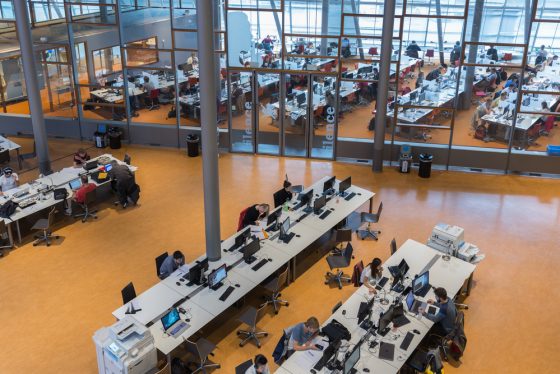Student loan system is making inequality of opportunity worse: Nibud


The abolition of student grants in 2015 has made students more financially dependent on their parents and risks hurting the prospects of students’ whose families cannot help out, family spending institute Nibud says in a new report.
The research is based on 1,505 students at university and hbo colleges, 68% of whom get financial support from their parents – an average of €211 per month. Four years ago, only 58% were helped by their parents to pay for their education.
Children with low income parents do still qualify for some financial help from the government. However, the current system assumes that parents can contribute, and families with a middle income still find that difficult in many cases, Nibud director Arjan Vliegenthart said.
‘Students with wealthy parents can study without having to borrow money, others start their careers with a financial disadvantage,’ Vliegenthart said.
Other research indicates some 70% of students borrow money while studying and they leave college and university with an average debt of around €25,000. The Nibud research shows that the percentage of students who do borrow money has gone down and they are also more likely to live at home.
Grants
There is now mounting pressure for grants to be brought back. Two of the four parties which backed their abolition – GroenLinks and the PvdA – are now calling for change and two of the four outgoing coalition parties – the CDA and ChristenUnie – also support a return to grants.
Prior to the abolition of grants, students who lived away from home were given €260 a month towards their upkeep and college fees. The rest they could borrow and on average they left university or college with some €15,000 in debts.
Education minister Ingrid van Engelshoven has calculated that if grants are brought back, compensating students who ran up larger debts would cost the treasury between €1.4bn and €11bn, depending on how it is worked out.
Thank you for donating to DutchNews.nl.
We could not provide the Dutch News service, and keep it free of charge, without the generous support of our readers. Your donations allow us to report on issues you tell us matter, and provide you with a summary of the most important Dutch news each day.
Make a donation